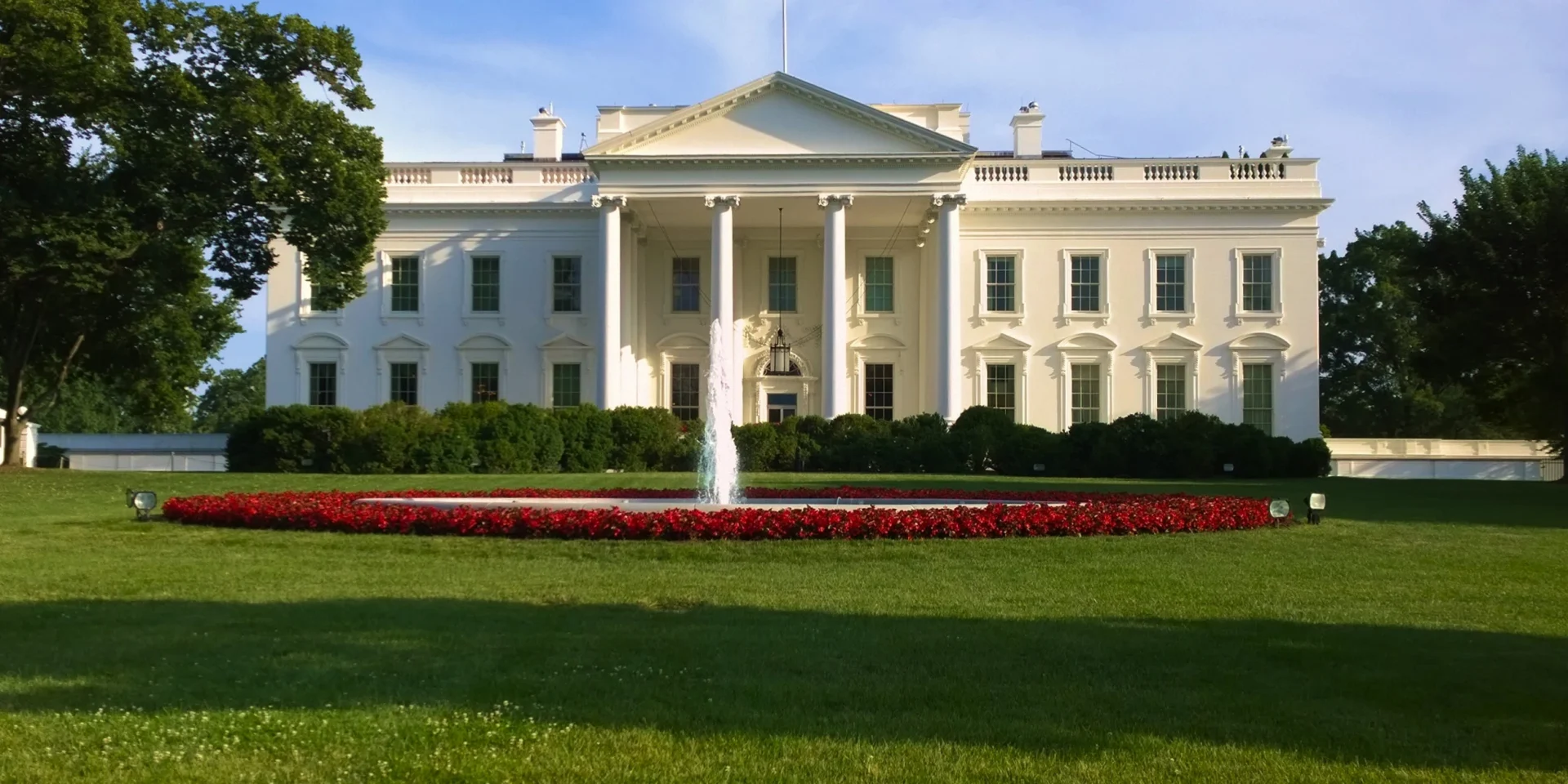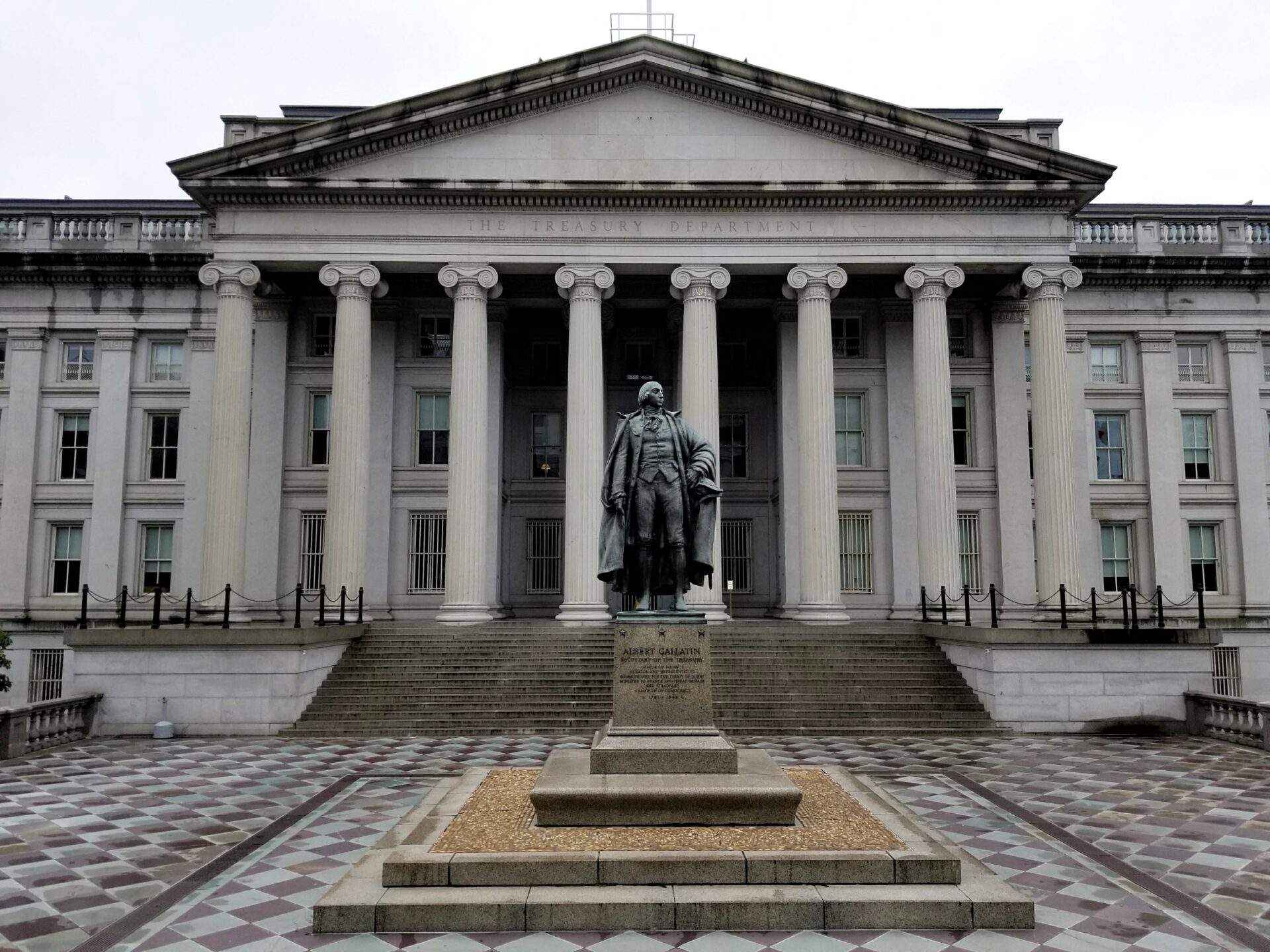Investment Screening
With emerging technologies like artificial intelligence, quantum computing and biotechnology driving transformative changes, investment screening is pivotal to protect sensitive intellectual property, prevent technology leakage and maintain strategic advantage. Its importance is heightened by the potential for foreign acquisitions to enable undue influence or transfer critical technologies.
China’s acquisition of American tech companies like the attempted purchase of Qualcomm by Broadcom has raised concerns over technology transfer and national security vulnerabilities. In response, the U.S. reinforces its investment screening mechanisms exemplified by the Foreign Investment Risk Review Modernization Act (FIRRMA) to assess transactions with potential national security implications. As global powers compete for technological dominance, robust investment screening mechanisms are essential to strike a balance between fostering innovation through international collaboration and safeguarding national interests.


Biden Signs Executive Order to Ensure Reviews of National Security Risks by Committee on Foreign Investment
First-Ever Presidential Directive Defining Additional National Security Factors for CFIUS to Consider in Evaluating Transactionsa

Evaluating CFIUS in 2021
The Committee on Foreign Investment in the United States (CFIUS) released its unclassified Annual Report to Congress, shedding light on the evolving role that inbound investment screening plays in US economic security.
